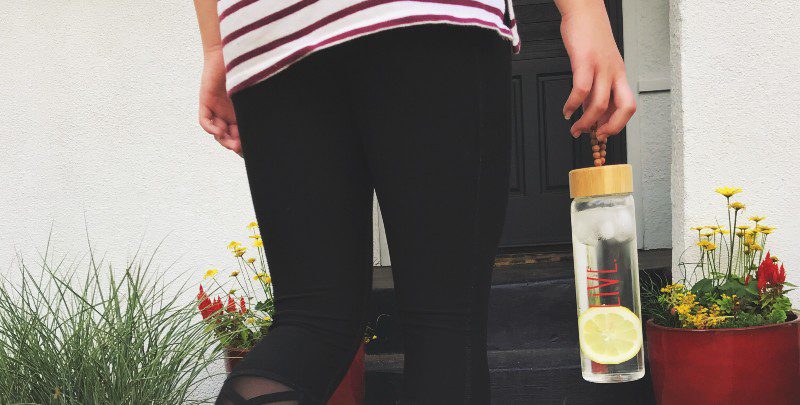Interesting fact, roughly 75% of Americans are dehydrated! Most of us are not aware of our dehydration, as mild-moderate dehydration does not have symptoms. When these fluids are not replaced, it leads to chronic dehydration, which is at the root of several health conditions. One condition we do not often think about is our joint health related to dehydration.
Another interesting fact, 70-80% of your joint cartilage is made up of water. In addition to this, all true joints are filled with a gel like liquid called synovial fluid. Synovial fluid provides lubrication, shock absorption, and nutrition to the joint surfaces. It fills gaps between the cartilage, providing a “space” between the cartilage covered components of the joint, allowing smooth and sustained motion through the joint. Other water laden tissues directly related to the joints are muscles and ligaments that move and support the joint. The body relies on these tissues to be strong yet flexible, which again relies on hydration.
Water is also important for the health of the body as a whole. It is essential for the transport of nutrients and waste across cell membranes. Living dehydrated leads to chronic inflammation, not only in our joints, but across the entire body. Increasing our water intake allows our bodies to regenerate tissue during recovery from the rigors of daily life. Without this, the body begins to break down both structurally and physiologically.
Of course, not all joint pain is caused from dehydration, but increasing our water intake is an easy behavioral change to maintain the health of our joints. If your joints hurt, try increasing fluids, and see what happens. This does not mean drink more water for a day or two. Hydration is a constant necessity for the body, and changes may take weeks to months to appreciate.
Some basics on fluid recommendations:
- Drink roughly ½ of your body weight in ounces of water. For example 150 lb person needs about 75 ounces of fluid daily.
- Not all fluids count. Those high in caffeine, artificial sweeteners, and alcohol can have diuretic effects. (They cause your body to push out just as much fluid as you drink) Non-sweetened carbonated water does not cause diuresis.
- Many foods are high in fluids. Diets filled with salads, fruits, and vegetables can get by with a little less water, but still important to hydrate.
- If you have heart failure, are on diuretics, or have trouble with your body retaining fluids; be sure to discuss fluid recommendations with your primary care provider.
Some ways to increase fluids:
- Start your day with a glass of water.
- Drink a glass of water before lunch and dinner.
- Try water infusion by adding fruits like lemon, lime, grapefruit, strawberries, kiwi, etc. Juice from these fruits can also be added. Be creative!
- Have a water bottle somewhere you can see it, reminding you to drink. Maybe set an alarm or use a water tracking app to help.
- Try not to get “bogged” down with too many big changes; small changes over time make a difference!
Now go drink some water ???? -TK

